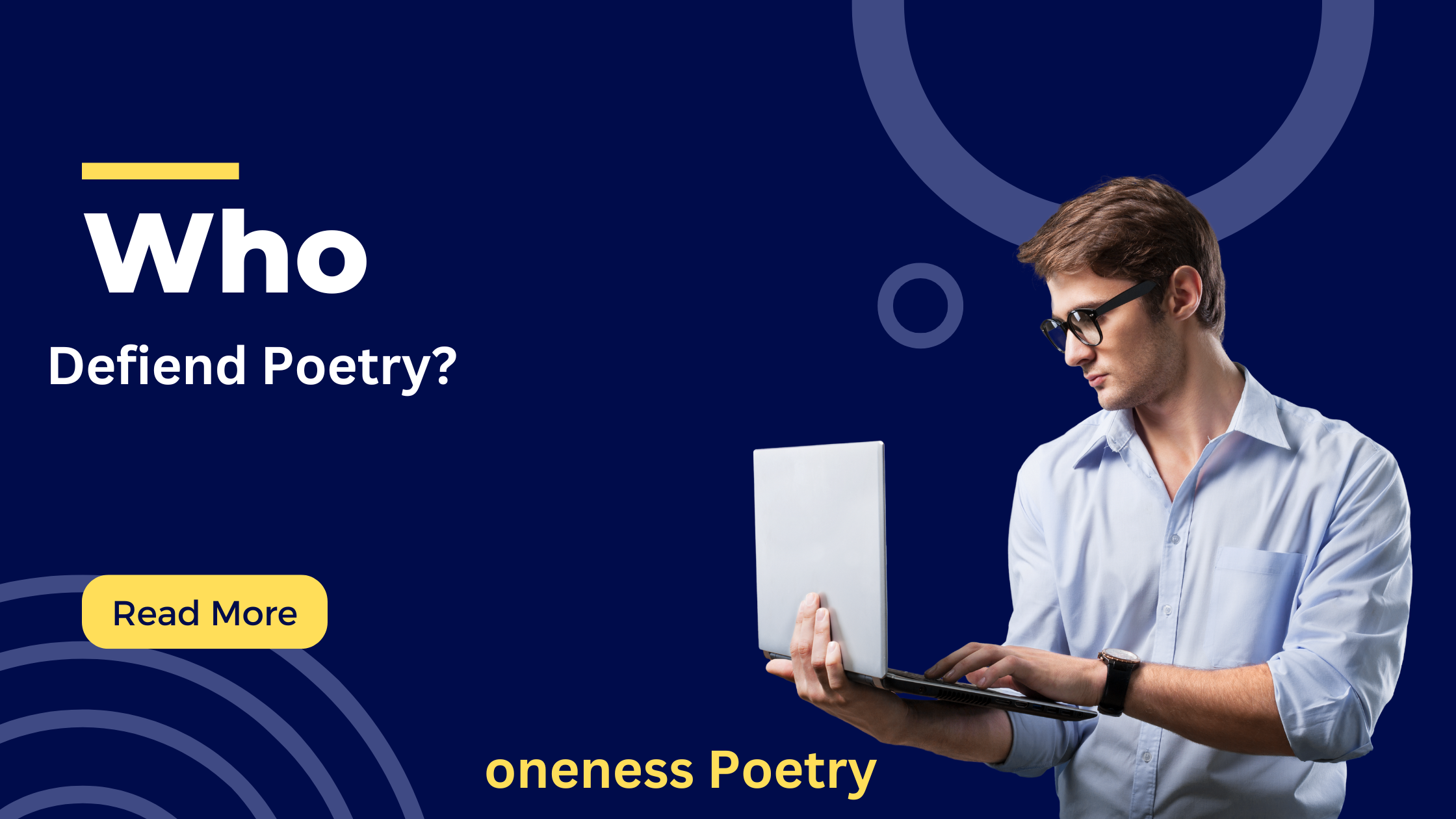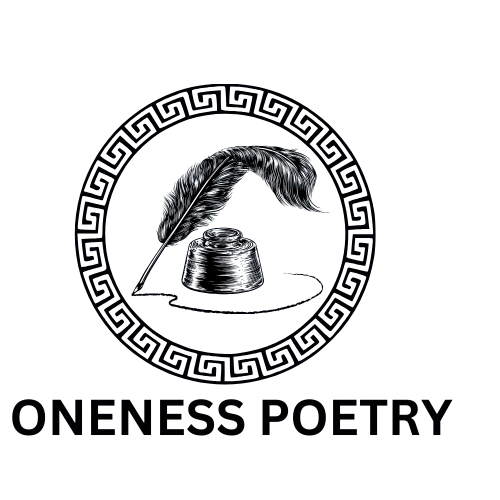Poetry, as a kind of imaginative expression, has been defined and interpreted in various methods throughout background by different poets, philosophers,and literary critics. There isn’t a bachelor that can be stated to have definitively specified poetry, yet here are some significant figures and their ideas about what verse is:
* Aristotle:
In his job “Poetics” (circa 335 BCE), Aristotle offered among the earliest interpretations of verse. He watched it as a replica of action
(mimesis) and split it into groups like legendary poetry, catastrophe, and funny.Aristotle highlighted verse’s capability to represent axioms, instead than simply particular truths, and its capacity to evoke emotions like pity and concern via catharsis.
* William Wordsworth:
In his preface to “Lyrical Ballads” (1798 ), Wordsworth notoriously defined verse as the “spontaneous overflow of powerful feelings:it takes its beginning from emotion recollected in tranquility.” He stressed the psychological and reflective nature of poetry, considering it a deep,individual expression of human experience.
* Samuel Taylor Coleridge:A contemporary of Wordsworth, Coleridge defined verse as the “finest words in the most effective order” in his work
“Biographia Literaria”(1817 ).For him, verse included mindful craftsmanship and interest to language, blending definition and kind harmoniously.
* Edgar Allan Poe:In his essay “The Philosophy of Make-up” (1846 ),Poe defined poetry as the “rhythmical creation of elegance.”For Poe, poetry’s function was mostly aesthetic, concentrating on the emotional and sensory impacts created by audio, framework, and rhythm.
* Ralph Waldo Emerson:In his essay “The Poet” (1844 ), Emerson recommended that a poet is somebody who can regard and express the deep, transcendent truths of deep space.For him, poetry discloses the appeal of nature and the human spirit, working as a “revelation of fact” via imagination and insight.
* T.S. Eliot:In his essay “Tradition and the Private Skill” (1919 ),Eliot argued that verse is “a getaway from emotion” as opposed to an expression of it, stressing the function of practice and neutrality in crafting rhymes. He thought that poetry ought to go beyond individual sensations and involve with broader, a lot more universal themes.
* Robert Frost:Frost famously said, “Verse is when an emotion has found its idea and the thought has located words.”This interpretation highlights the deep link in between emotion, assumed,and language in the making of verse.
* Emily Dickinson:Although she did not compose formal definitions,Dickinson suggested verse’s profound emotional effect when she claimed, “If I feel literally as if the top of my head were removed, I know that is verse.” This shows her belief in the power of poetry to shock, action, and change the reader.
* Paul Valéry: The French poet Valéry viewed verse as a “language.within a language.” He stressed the function of form and structure.
in creating meaning, recommending that the craft of verse involves.dealing with language as a product to form idea and sensation.
Each of these thinkers added to the advancing definition of. verse, mirroring exactly how different times and cultures have.interpreted the purpose, nature, and power of this art form.

